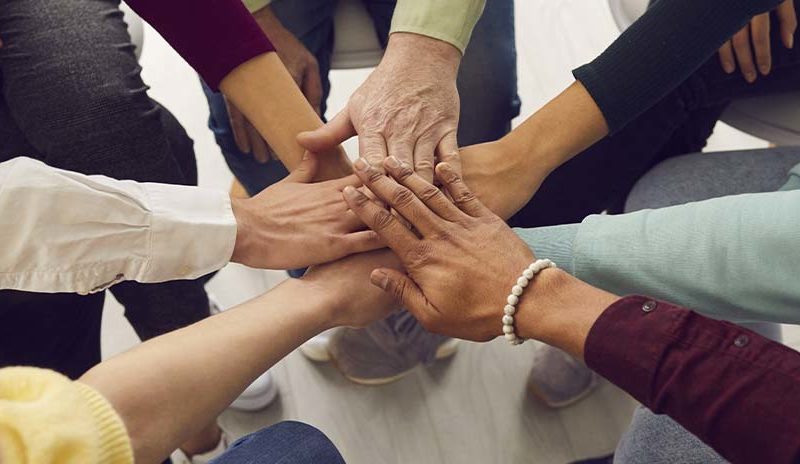Completing a drug and alcohol treatment program may leave you feeling strong. After 30 days of examining your behaviors, identifying triggers, and developing healthy coping skills most recovering addicts and alcoholics experience what is known as the “pink cloud” high. The pink cloud refers to the natural high and optimism that sometimes follows a return to mental, emotional, and physical wellness after an extended period of intoxication.
Individuals in recovery report feeling confident sometimes to the point of invincibility. While this feeling is considered a gift in helping to maintain sobriety for longer periods it can also be a liability if not used in conjunction with ongoing support for recovery.
Each individual may require a different approach to the maintenance of a substance-free lifestyle but the importance of finding continuing care to fit your specific goals and needs can be the difference between recovery and relapse. Common examples of post-treatment support include therapy, outpatient treatment, or mutual-help programs such as AA or NA. All three options independently help improve our likelihood of long-term success and any combination of the three will certainly increase those odds if utilized consistently.

The Benefits of Post-Treatment Support
Accountability
In the initial days of recovery, our family, friends, and coworkers may keep a watchful eye over. They may observe our moods, behaviors, eye clarity, and even location in some cases. Well-meaning loved ones may act as supervisors in the earliest periods of abstinence. However, as we regain trust, autonomy, and confidence in our resolve may lull our once protectors into a false sense of security.
Engagement in recovery support can help keep us accountable to those who share a common goal or whose job it is to monitor our progress and backslides. These individuals may help to keep us on the straight and narrow while providing guidance for any bends in the road.
Access To Resources
With infinite amounts of information at our fingertips, it’s easy to discount the recommendations of actual human people as a resource for knowledge, however within the recovery or recovery associated community these resources can prove invaluable. A life free of substances should be lived just as fully as any other life unfortunately in a society driven by consumerism the pressures to acclimate socially by partaking in alcoholic drinking or drug use may prove an obstacle in finding normalcy.
One of the greatest benefits of continued support in sobriety is access to recovery-friendly employers, medical providers, outings, and even social circles. Utilizing these resources can help save time, find employment, and avoid awkward or uncomfortable situations which may jeopardize our sobriety.
Solidarity
Regardless of the existing support in your life, there is no replacement for understanding and empathy. The therapeutic value of having an individual or group who shares an understanding of your unique experience as a person in recovery can be invaluable. Early sobriety comes with many ups and downs; triumphs and calamities. Surrounding yourself with people who have lived or studied this journey helps us to feel seen. Never will we find ourselves isolated or unheard when we utilize our continued support networks.
Life Line
Relapse is not an essential part of recovery, but it is, unfortunately, a reality many must face. While the idea of returning to substance use may seem unlikely, we must consider the nature of addiction as an ever-present disease, waiting for a moment of weakened defenses to return to the forefront and rob us of all we have worked so hard to regain.
These slips or backslides can happen but with strong recovery support in your corner, you needn’t wait for rock bottom to get back on course. A therapist, outpatient program, or mutual-help group can work as lifelines during a fall into the abyss of addiction. A quick return to fundamentals and a refocus on relapse prevention plans can ensure that one mistake will not lead to a total loss.
Matters of recovery can be the difference between life and death; seeking continued support can offer essential protection in avoiding the latter. For more information on continued support in recovery call one of our addiction specialists at (855) 334-6120.


